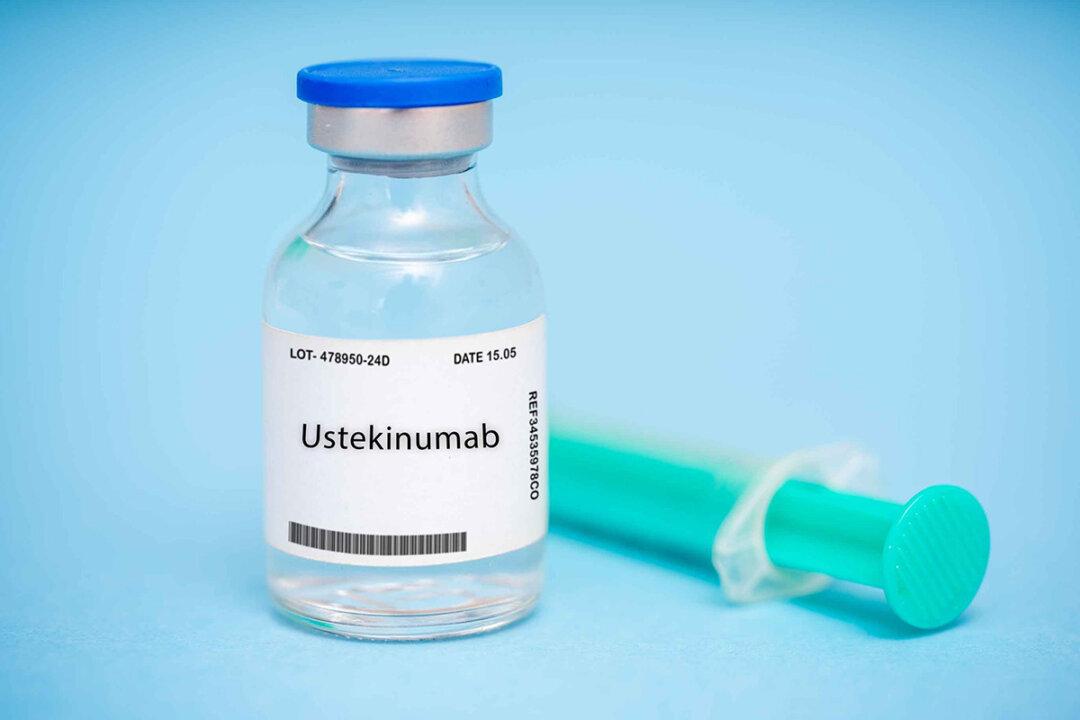A plant-based medication called cytisinicline may be the first effective treatment to help the more than 5 million Americans who want to quit vaping but have had trouble doing so.
Smoking Cessation Drug Also Works for Vaping
Cytisinicline (historically known as cytisine) has been used for decades in Europe for smoking cessation but has only recently been studied in the United States. The drug is derived from an alkaloid that can be extracted from many plant species, particularly Laburnum seeds. Laburnum is a yellow-flowered tree that grows in Europe. Cytisinicline is a partial agonist on the receptors that play a role in nicotine dependence. As it enters the bloodstream, the drug blocks the neural pathways involving the receptor enough to control a person’s urge to smoke.In the study, 160 adults who vaped nicotine but did not smoke cigarettes were given either the oral cytisinicline medicine or a placebo pill for 12 weeks. Participants also had weekly behavioral support as they underwent vaping cessation.
At the end of the 12 weeks, participants who took cytisinicline were more than twice as likely as those receiving the placebo to have successfully stopped smoking during weeks nine to 12.
The Road to FDA Approval
This is the second study in which Dr. Rigotti has tested the efficacy of cytisinicline for cessation from nicotine products. In 2023, she and a team of researchers published the results of a randomized clinical trial that evaluated the drug’s efficacy in helping people stop smoking. Participants were assigned either the drug or a placebo. The research team found that abstinence rates for individuals who received cytisinicline were over 32 percent in weeks nine to 12 of the 24-week trial. By comparison, only 7 percent of those who received the placebo were able to refrain from smoking during the same period.In both the smoking and vaping studies, under 30 percent of participants reported minor adverse effects, including abnormal dreams, insomnia, anxiety, headache, fatigue, and, in some cases, upper respiratory tract infection.
The study was funded by Achieve Life Sciences, the pharmaceutical company developing cytisinicline as a treatment for nicotine dependence. Based on the results of the 2023 phase 3 clinical trial, the company said in a 2023 press release that it planned to submit a New Drug Application (NDA) to the U.S. Food and Drug Administration (FDA) for cytisinicline as an aid for treating nicotine dependence from cigarette smoking.
Because cytisinicline binds to nicotine receptors in the brain, the researchers hypothesized that it would also work for vaping cessation. “The results of our study need to be confirmed in a larger trial with longer follow-up,” said Dr. Rigotti, “but they are promising.”







